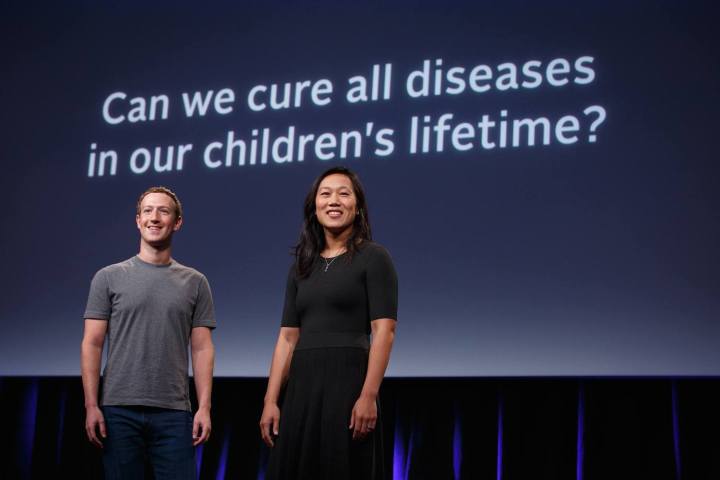
And not only has he been wondering about it — he’s actually trying to do it.
Zuckerberg and his wife, Priscilla Chan, the pair last September pledged $3 billion to fund medical research over the next decade. Distributed by the Chan Zuckerberg (CZ) Initiative, some of that money has just been released to the opening project — Biohub — a medical-focused research facility comprising “some of the best and brightest” scientists and engineers from Stanford University; the University of California, San Francisco; and the University of California, Berkeley, as well as an experienced engineering team linked to the CZ Initiative.
Each of the selected 47 investigators will receive up to $1.5 million over the next five years to conduct life science research in their respective areas of expertise. The work of the Biohub will focus on four main areas, namely new detection technologies, new treatments, new ways to prevent infection, and new approaches to rapid response when new threats emerge.
One of the first projects will be to further explore the types of cells that control the body’s organs, and ultimately to map every cell in the human body. Another goal is to design new tests and vaccines in an effort to overcome infectious diseases such as HIV, Ebola, and Zika.
“CZ Biohub investigators share our vision of a planet without disease,” said Joseph DeRisi, co-president of CZ Biohub and professor of biochemistry and biophysics at UC San Francisco. “To realize this vision, we are giving some of the world’s most creative and brilliant researchers access to groundbreaking technology and the freedom to pursue high-risk research.”
DeRisi added that CZ Biohub investigators aim to challenge “traditional thinking in pursuit of radical discoveries that will make even the most stubborn and deadly diseases treatable.”
Announcing the pledge last fall, Zuckerberg wrote in an online message, “Medicine has only been a modern science for about a century, and we’ve made incredible progress so far. Life expectancy has increased by one-fourth of a year per year since then, and if we only continue this trend, the average will reach 100 around the end of this century.”
The Zuck noted that as things stand, four types of illness — cancer, heart disease, infectious diseases, and neurological diseases — account for the majority of deaths, and suggested that meaningful progress could be made to “cure, prevent, or manage” these diseases using the right technology.
Over time, around $600 million of funding is expected to be received by the Biohub as its researchers attempt to solve the world’s biggest health problems.


